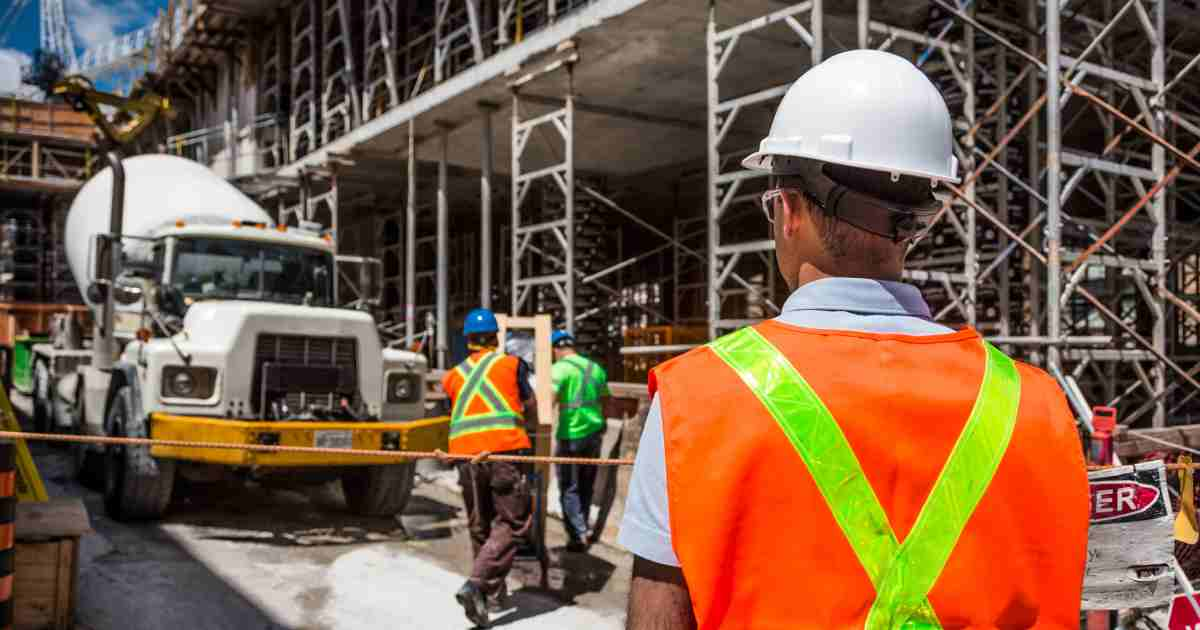 The needs and contributions of the informal sector should be taken into account if there is to be more equity and cities are to be more productive, a new report by the World Resources Institute (WRI) says.
The needs and contributions of the informal sector should be taken into account if there is to be more equity and cities are to be more productive, a new report by the World Resources Institute (WRI) says.
In the report entitled “Towards a More Equal City: Including the Excluded” the WRI, a global research organisation that spans more than 50 countries, says cities have historically stigmatised informal workers who are seen as avoiding taxes and regulations, representing unfair competition to formal firms, appropriating public space, and creating congestion, unsanitary conditions, and public health risks.
As a result, they are largely invisible. City officials rarely recognise the economic activity of informal workers as a livelihood strategy or as a contribution to the formal economy.
Yet the informal economy accounts for 50 to 80 percent of urban employment in cities across the global South.
“Informal employment comprises over three-quarters of urban employment in Africa, over half of urban employment in Asia and the Pacific, and just under half of urban employment in Latin America and the Caribbean,” says WRI.
Informal enterprises generate from one-quarter to one-half of gross domestic product or value added outside agriculture.
Furthermore, the informal and formal economic activities are inextricably linked through the exchange of goods and services and global supply chains.
For cities to be productive they need to support informal workers and overcome the either ambivalent or hostile attitude towards urban informal workers, says WRI. (via African News Agency)






